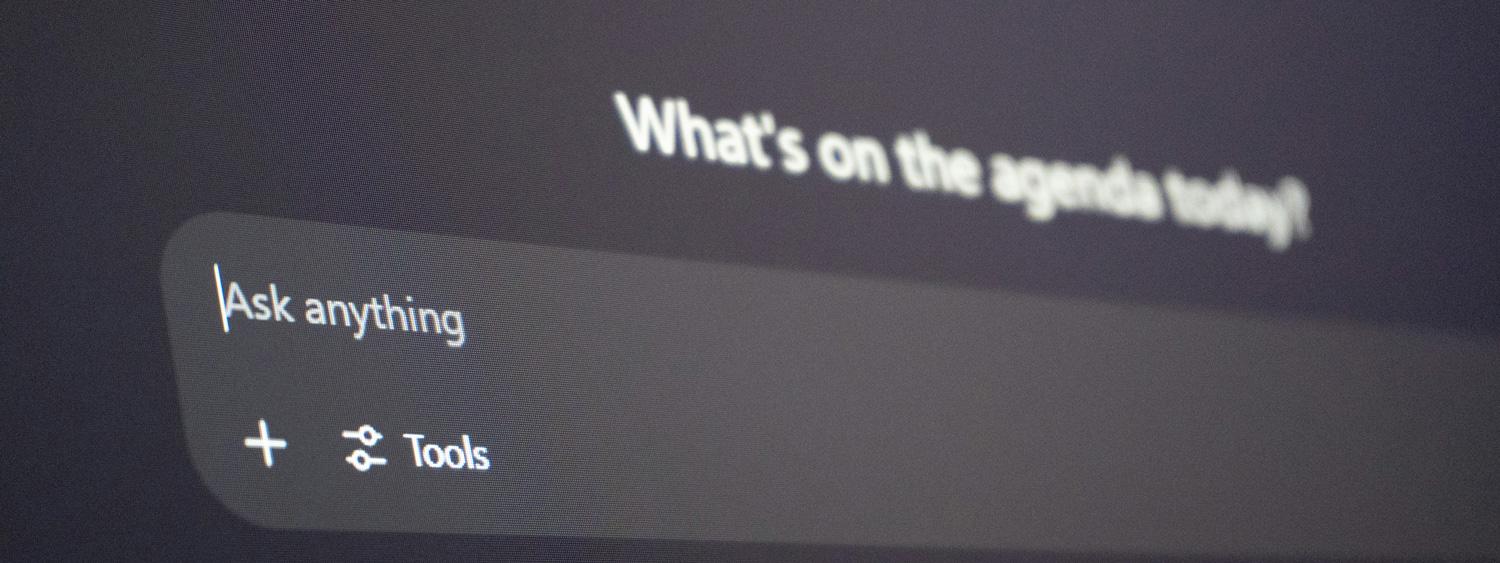
AI Search Is Reshaping Visibility — Here’s How to Stay Ahead
AI is rewriting the rules — and creating a clear advantage for those who adapt.
As Google, Perplexity, and ChatGPT take over the act of summarizing the web, visibility isn’t just about rankings anymore. It’s about whether AI understands you — and chooses to cite you.
Brands that learn to speak AI’s language will dominate the new search economy.
- /
- Knowledge hub/
- AI Search Is Resetting the Game – What Does It Mean for Your Traffic?
- Knowledge hub
- /AI Search Is Resetting the Game – What Does It Mean for Your Traffic?

During 2024 and 2025, something fundamental has shifted in the digital landscape. AI-driven search experiences like Google AI Overviews, Perplexity, and ChatGPT Search have rapidly changed how people discover, interpret, and interact with information.
Where traditional SEO once focused on ranking high in search results, the challenge today is to be understood and cited by AI — often before the user ever clicks through.
The result? Traffic to many websites is dropping sharply, even for those that still rank at the top of Google.
15–60% decline in visibility — despite maintained rankings
Several studies in 2025 illustrate the magnitude of the shift:
- 15–64% traffic loss after the rollout of AI Overviews (Forbes, 2025)
- –34.5% lower CTR when AI summaries are displayed (Digitaloft, 2025)
- 20–50% of organic traffic at risk (McKinsey, 2025)
- Up to 40% declines for news sites (New York Post, 2025)
- 51% of users don’t click at all after reading an AI-generated summary
In other words: even strong, established websites are losing traffic — not because their content is worse, but because AI is taking over the interaction layer.
Europe reacts — and raises concerns
Across Europe, the alarm bells are ringing.
Zero-click searches have increased from 56% to 69% following the introduction of AI summaries, and several media groups have filed antitrust complaints against Google for distorting traffic patterns (Reuters, 2025).
France’s Le Monde summarizes the situation perfectly:
“The web is increasingly being created by — and for — AI.”
For smaller brands and organizations, this raises a very real risk of becoming invisible in an ecosystem where AI summarizes content instead of linking to it.
A shift you cannot afford to ignore
This isn’t a trend — it’s a paradigm shift.
Just as mobile optimization became essential a decade ago, AI optimization (GEO) is becoming the new standard for visibility.
Those who understand how AI systems read, interpret, and cite content will be well-positioned as search becomes more conversational, personalized — and intelligent.
Want to know how AI perceives your website?
Book a GEO Audit and get a clear, actionable assessment of how AI interprets, understands, and reproduces your content.
